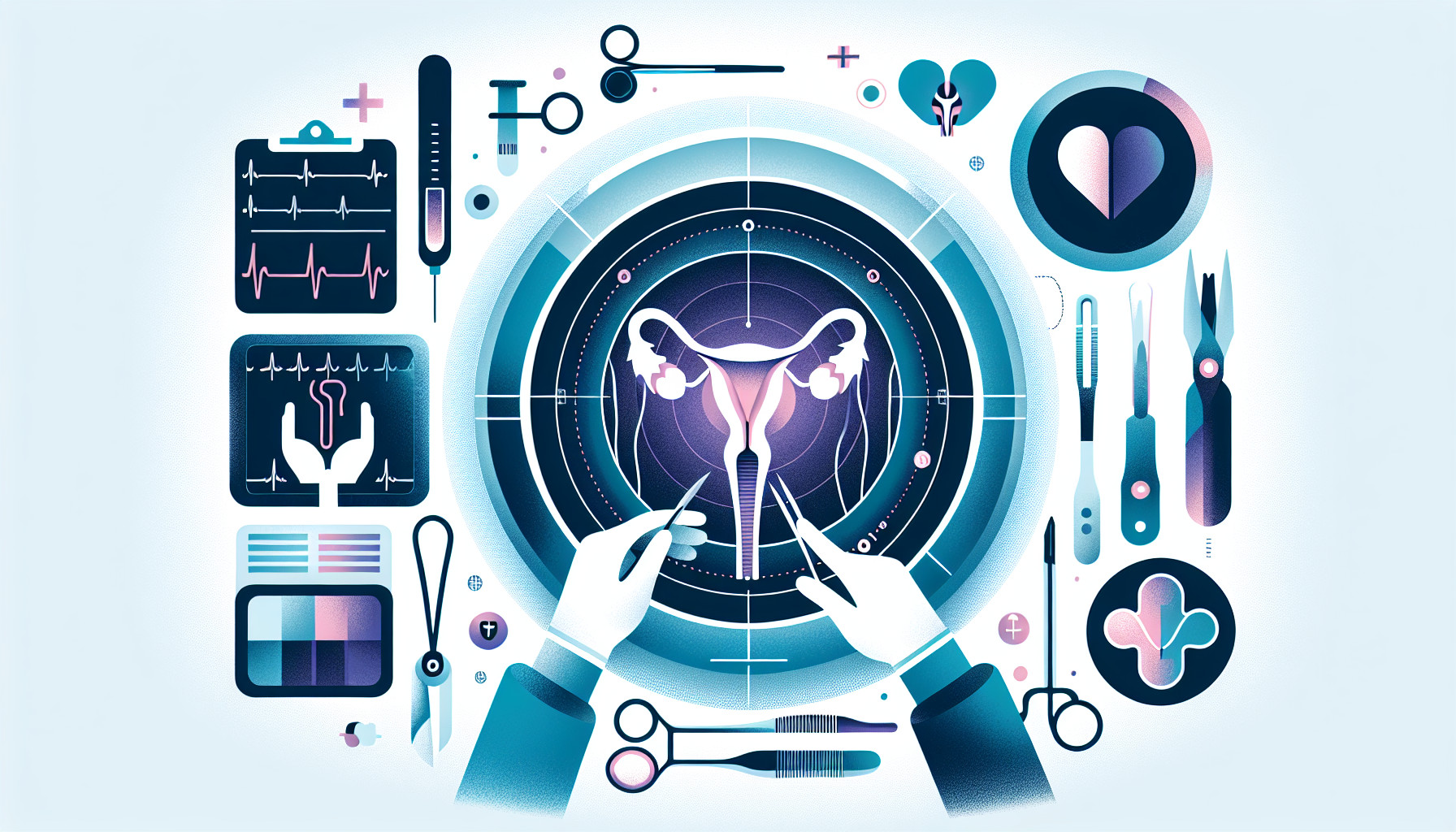Our Summary
This article talks about varicocele, a condition that affects the testicles and is found in about 15% of all men, but is even more common in men who are infertile. This condition can lead to physical discomfort and can also make it harder to have children. Doctors grade the severity of this condition on a scale of 1-3, with 3 being the most severe. The higher the grade, the worse the quality of a man’s semen. Treatment can help with both the physical symptoms and the fertility issues. Microsurgery seems to be the most effective treatment, as it has the lowest chance of the condition coming back and the least number of complications. However, it’s only recommended for those who show symptoms or have evidence of impaired testicular function.
FAQs
- What is varicocele testis and how common is it among men?
- How is the severity of varicocele graded and how does it affect semen quality?
- What is the recommended treatment for varicocele and when is it necessary?
Doctor’s Tip
A doctor may advise a patient undergoing varicocele surgery to follow post-operative care instructions carefully, including avoiding heavy lifting or strenuous activity for a period of time, wearing supportive underwear, and taking pain medication as prescribed. It is also important to attend follow-up appointments to monitor recovery and ensure optimal healing. Patients should communicate any concerns or unusual symptoms to their healthcare provider promptly.
Suitable For
Patients who are typically recommended varicocele surgery are those who are experiencing physical symptoms such as pain or discomfort in the scrotum, as well as those who are experiencing impaired fertility. Varicocele is found in 15% of men from the general population, but it is more common in infertile populations. The severity of varicocele is graded 1-3 by clinical examination, with increasing grade being associated with poorer semen quality.
Treatment for varicocele has been shown to have a positive effect on symptoms and fertility. A microsurgical approach is often recommended as it has the best outcome in terms of the lowest frequency of recurrence and complications. However, treatment is only recommended for patients who are experiencing symptoms or evidence of affected testicular function. It is important for patients to discuss their individual case with a healthcare provider to determine if varicocele surgery is the best option for them.
Timeline
Before varicocele surgery:
- Patient may experience symptoms such as scrotal pain, discomfort, or swelling.
- Patient may undergo physical examination, ultrasound, and semen analysis to diagnose varicocele and assess its severity.
- Treatment options such as watchful waiting, medication, or surgery may be discussed with the patient.
- If surgery is recommended, the patient may undergo pre-operative evaluations and counseling to prepare for the procedure.
After varicocele surgery:
- Patient undergoes varicocele repair surgery, which can be done through open, laparoscopic, or microsurgical techniques.
- Recovery time after surgery varies depending on the type of procedure performed.
- Patient may experience temporary discomfort, swelling, or bruising in the scrotal area after surgery.
- Follow-up appointments with the surgeon may be scheduled to monitor recovery and assess any potential complications.
- Improvement in symptoms such as pain or discomfort may be observed after surgery.
- In cases of infertility, semen analysis may be repeated after surgery to assess any improvement in sperm quality and fertility potential.
What to Ask Your Doctor
- What are the potential risks and complications associated with varicocele surgery?
- What is the success rate of varicocele surgery in improving fertility?
- How long is the recovery period after varicocele surgery?
- Will varicocele surgery improve any physical symptoms associated with the condition?
- What is the likelihood of recurrence of varicocele after surgery?
- Are there any alternative treatment options for varicocele, such as embolization or medication?
- How soon after surgery can I resume normal activities, including exercise and sexual activity?
- How will varicocele surgery affect my future fertility and the health of my testicles?
- Are there any lifestyle changes or precautions I should take after varicocele surgery to prevent complications or recurrence?
- Can you provide me with information or resources for support or further education on varicocele and its treatment options?
Reference
Authors: Joensen UN, Jensen CFS, Wiborg MH, Fojecki G, Fode M. Journal: Ugeskr Laeger. 2020 May 4;182(19):V10190550. PMID: 32400385
